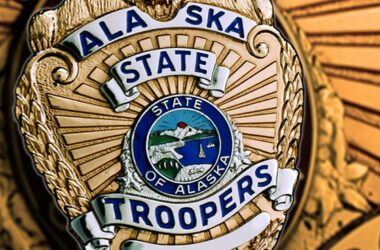The Alaska Department of Law is reviewing a U.S. Supreme Court decision in Carson v. Makin for any impact on Alaska law. The Court, in a 6-3 ruling, held that a Maine law violated the First Amendment’s Free Exercise Clause by permitting public funds to be spent for tuition assistance at private nonsectarian schools, but not at private religious schools. The Court explained that states “need not subsidize private education,” but if they choose to do so, they can’t categorically exclude otherwise eligible schools on the basis of religious exercise.
Alaska does not have a private school tuition program directly analogous to the Maine law at issue in Carson. Article VII, section 1 of Alaska’s constitution provides that public funds shall not be used ‘for the direct benefit of any religious or other private educational institution,’ according to a press release from the Department of Law.
Deputy Attorney General Cori Mills:
“The question on Alaskans’ minds is what does this mean for our own state constitution’s prohibition on spending public funds on a private education? Initially, what we know is that the specific facts of this case are not directly on point for Alaska. The case involved discriminating against religious schools compared to other private schools. Our constitution distinguishes between a private and a public education. However, the details matter, and we will need to fully review and evaluate the opinion to determine what, if any, impact it has.”
Mills clarified:
“We know that Alaska’s public correspondence school program has been in the news recently, but that is a separate issue from the broader potential impacts of this Supreme Court case, which is focused on the religious versus non-religious distinction. The department is still reviewing the administration of Alaska’s correspondence school program under state law and will separately be looking at the broader questions raised by this case.”
The state provides that ‘a correspondence study program may provide an annual student allotment to a parent or guardian’ and that it could be used ‘to purchase nonsectarian services and materials from a public, private, or religious organization’ provided certain criteria are met.






